BTR Named a 2025 Top Company to Work For in Tampa Bay by the Tampa Bay Business Journal
Tampa, FL – April 9, 2025 – BTR is proud to announce that it has been named one of the…
Stay informed with the latest company updates, announcements, and milestones. From major partnerships to new innovations, this is where we share the stories shaping the future of BTR — and the industries we serve.
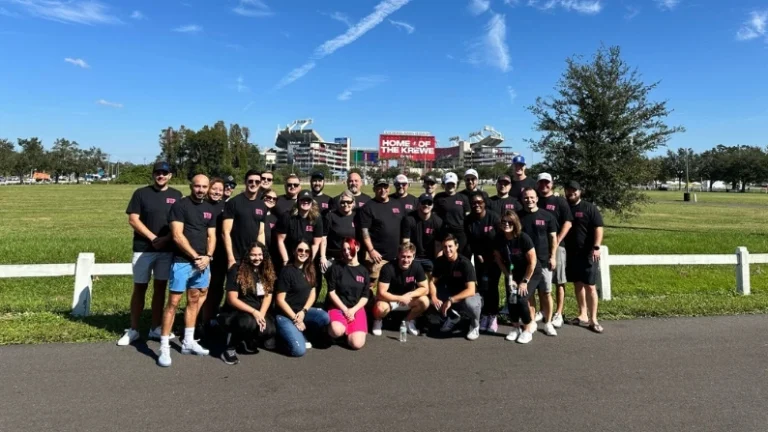
Tampa, FL – April 9, 2025 – BTR is proud to announce that it has been named one of the…
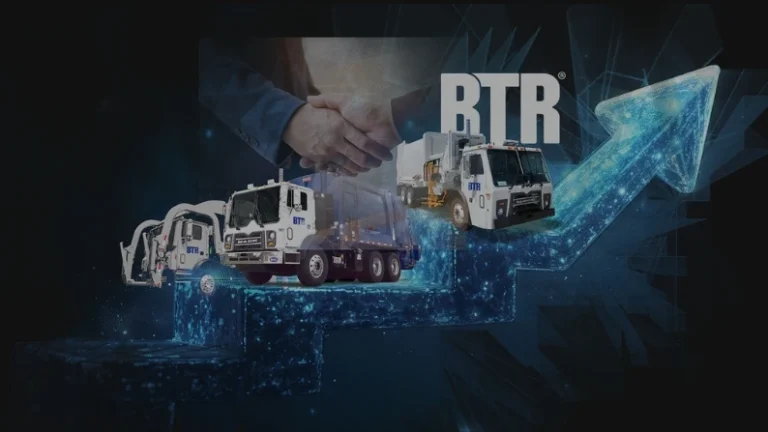
In the ever-evolving waste and recycling industry, BTR has emerged as a pioneering force, transforming the sector with innovative solutions…

Tampa, FL – March 31, 2025 – BTR is proud to announce that Kevin Cowley, Chief Financial Officer, has been…

Tampa, FL – March 4, 2025 – BTR, a leader in the environmental and logistics industries, proudly announces the appointment…
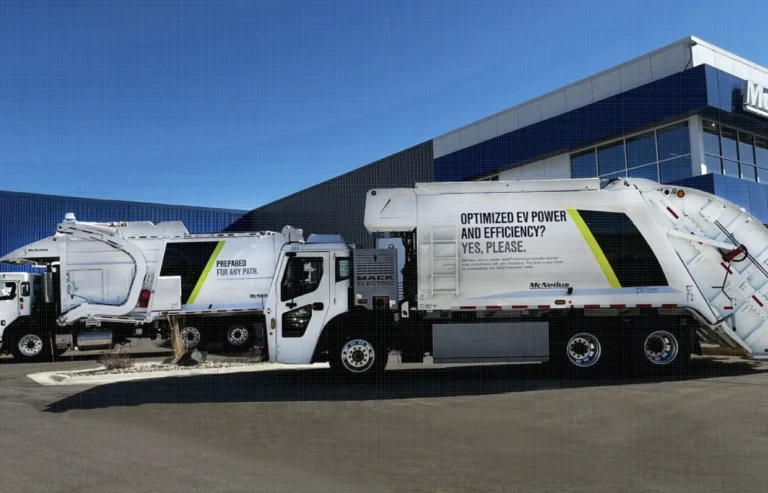
Big Truck Rental, a leader in the North American refuse truck rental industry, has officially rebranded as BTR, marking a…

Big Truck Rental has rolled into the spotlight with a major achievement: being named a 2023 Best Places to Work…
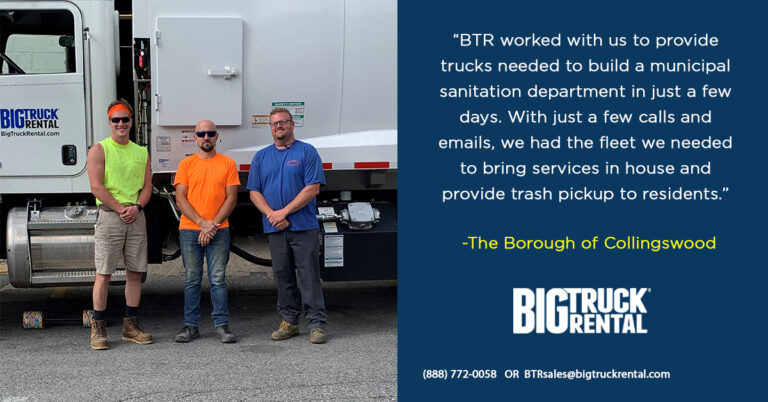
Everyone at Big Truck Rental does everything they can to create the best customer experience possible, but our jobs are…
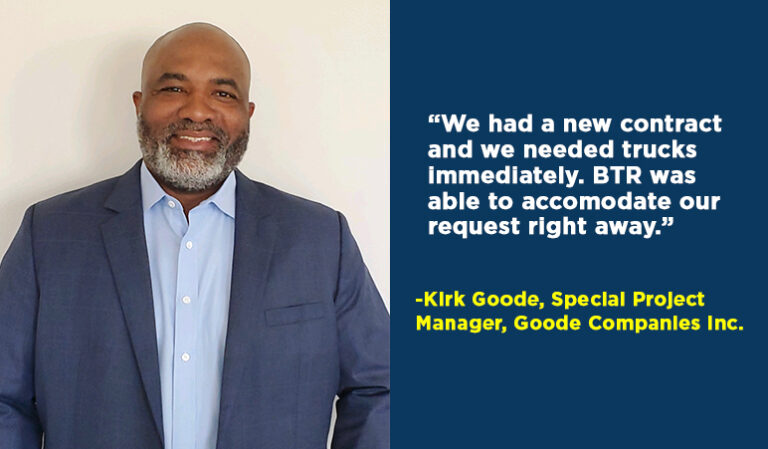
At Big Truck Rental, we understand what it takes to keep our industry moving forward. A big part of that…
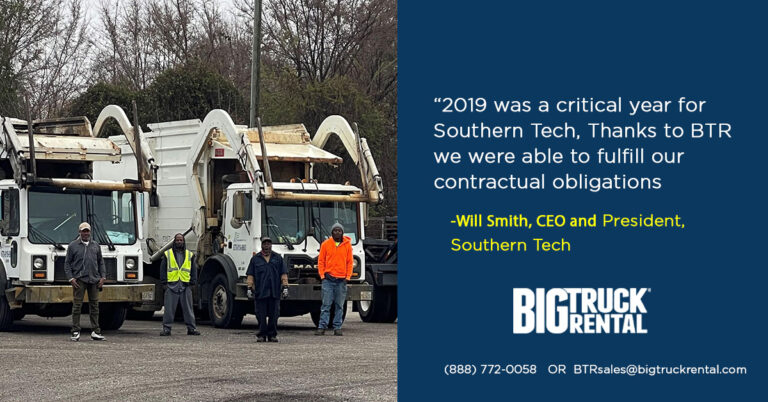
Everyone at Big Truck Rental does everything they can to create the best customer experience possible, but our jobs are…
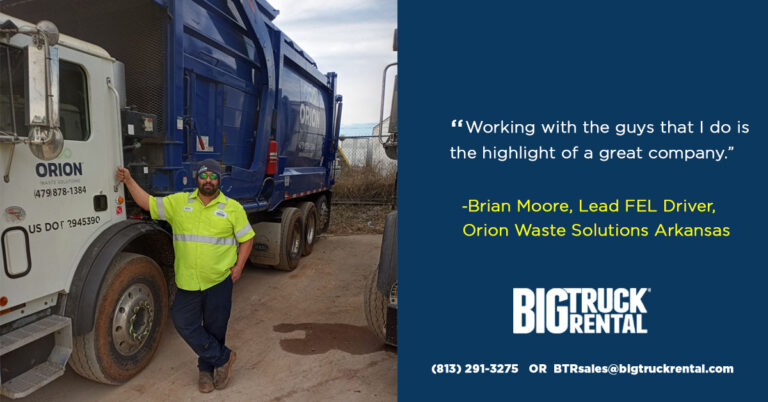
At Big Truck Rental, we understand what it takes to keep our industry moving forward. A big part of that…
Find out how our latest moves are making rental smarter for you.